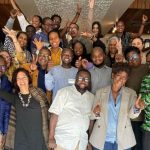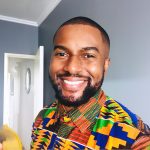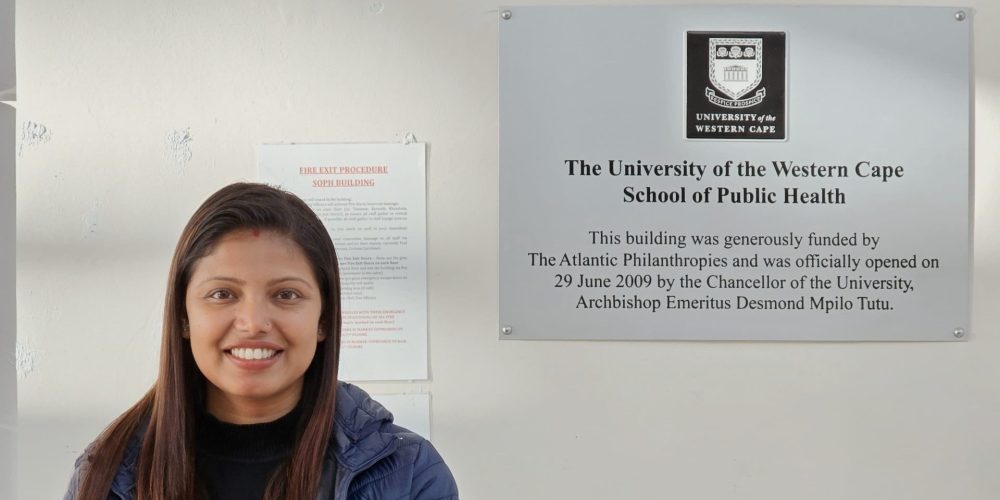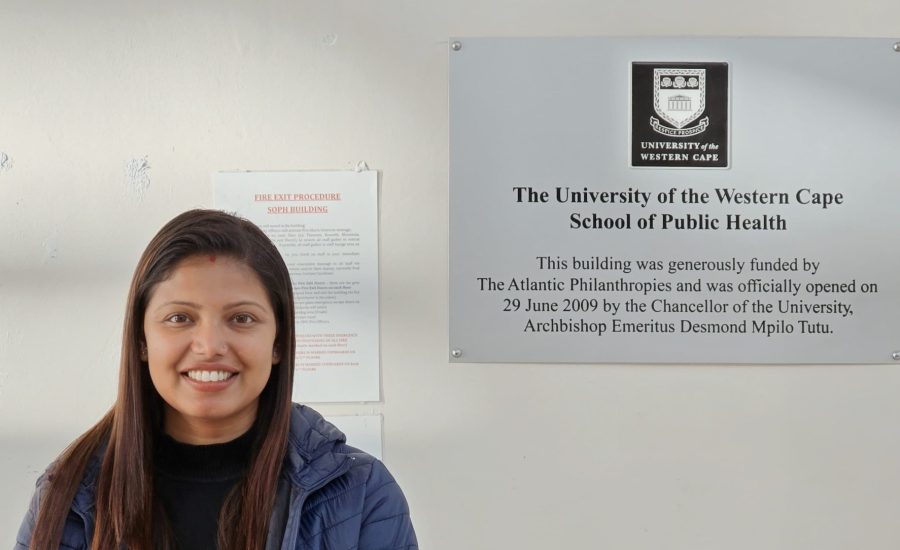
New IDRC-GT4Africa Supplement sheds light on what it takes to operationalise gender transformative approaches to improve sexual reproductive and maternal health rights and services in Africa
26 June 2025
Spotlight on UWC Public Health Research
4 July 2025
From Nepal to Cape Town: Reflections on a Journey of Legacy, Learning, and Inequality
What began as an academic visit quickly turned into a deeply personal and transformative journey, one that reconnected me with inspiring mentors, reminded me of shared struggles, and offered fresh perspectives on health systems, justice, and inequality.
Recently, I had the privilege of visiting the School of Public Health (SOPH) at the University of the Western Cape (UWC) in South Africa, as part of my PhD exchange program with Aarhus University in Denmark. What began as an academic visit quickly turned into a deeply personal and transformative journey, one that reconnected me with inspiring mentors, reminded me of shared struggles, and offered fresh perspectives on health systems, justice, and inequality.
Remembering David Sanders: A Guiding Light
My connection to UWC goes back to 2016, when I had the opportunity to meet Professor David Sanders during the Nepal International People’s Health University. I was profoundly moved by his visionary thinking, as expressed in “Questioning the Solutions,” and his editorial contributions to the World Health Watch. These works ignited in me a critical outlook on health systems and inspired me to engage more deeply in health policy dialogues.
Our paths crossed again at the People’s Health Assembly in Bangladesh, where the idea of “Punching Above their Weight” in South Asia, including Nepal, thrived. This concept underscores how nations with limited resources can still achieve significant progress in public health through robust policy frameworks and people-centered initiatives.
David’s mentorship was pivotal. He guided me through the 70th and 71st World Health Assembly processes in Geneva, Switzerland, supporting me in writing policy briefs and statements and helping me understand the political dimensions of health at the global level. His approach not only built my confidence but also nurtured my skills in engaging critically with health policy formulation.
Through David, I also connected with Nichola Schaay, his colleague and a senior researcher at UWC. Nichola and I shared meaningful professional experiences in health advocacy, and her continuous encouragement has been instrumental in my academic journey. Although we lost David in 2019, his legacy of social justice, equity, and critical inquiry endures. My visit to UWC as a PhD student from Aarhus University, Denmark, felt like a continuation of that journey he had helped begin.
New Connections, Shared Passions
At UWC, I was warmly welcomed by a brilliant team, including Professor Hanani Tabana and Postdoctoral researcher, Takunda Satumba, who led the health economics module for MPH students. Our discussions were rich and engaging—we found common ground in our shared interest in health financing, particularly how it operates in South Asia and South Africa.
Together, we began exploring collaborative ideas to compare and contrast different health financing models across our regions. We aim to develop teaching resources and research that help students and ourselves better understand the strengths, gaps, and political contexts of these systems.
Health Financing: It’s About More Than Money
As a public health researcher focused on financial protection and health equity, I see health financing as much more than just numbers or cost-effectiveness. It’s about who pays, how we share risk, and whether the system protects the poor from financial ruin. It reflects a country’s values: whether healthcare is treated as a right or a commodity.
Equitable financing systems, such as social health insurance or tax-based coverage, help reduce out-of-pocket costs, promote fairness, and protect individuals from incurring catastrophic health expenditures. In contrast, systems that rely too heavily on private spending often deepen inequality and exclusion.
Our discussions at UWC reinforced that health financing must be seen not just technically, but also politically and ethically. It must be rooted in the real lives of people, and in the context of each country’s history, politics, and resources.
South Africa: A Country of Beauty, Rich Culture, and Sharp Contrasts
South Africa itself left a deep impression on me. It is a country so rich in culture, diversity, and natural beauty. Every street, song, dance, and smile carries layers of history and strength. From its many languages and traditions to its incredible art and food, South Africa feels alive in every dimension.
And yet, it’s also a country of sharp inequalities. Driving through Cape Town, I was struck by the stark contrast between the modern infrastructure and neighborhoods that are still grappling with poverty and exclusion. It’s heartbreaking to see under-resourced communities in a country that holds so much gold, diamonds, and other natural wealth.
This visible inequality raises difficult but necessary questions: Why does so much wealth not translate into well-being for everyone? What legacies of the past still shape today’s health outcomes? And how can we, as researchers and public servants, be part of meaningful change?
What I’m Taking With Me
This visit to South Africa was more than an academic milestone. It was a moment of deep reflection, connection, and learning. Here are some takeaways that I carry with me:
- Legacy Lives On: David Sanders may no longer be with us, but his spirit, values, and teachings continue to guide so many of us.
- Collaboration is Power: Meaningful partnerships across countries and institutions can build knowledge and drive the advancement of progressive policies.
- Health Financing is Political: We must continue asking who benefits, who bears the burden, and how systems can be made more just.
- Teach to Transform: Empowering students to ask critical questions and see the bigger picture is one of the most powerful tools for change.
- Wealth ≠ Equality: South Africa reminds us that natural resources alone don’t guarantee justice. Policies—and politics—matter.
As I return to my PhD work in Denmark and continue my research on National Health Insurance and financial protection in Nepal, I feel re-energized and re-grounded. South Africa has given me a fresh perspective, more profound questions, and new friendships that I hope will continue to grow.
In the words of David Sanders:
“Health is a political choice. And so is inequality.”

